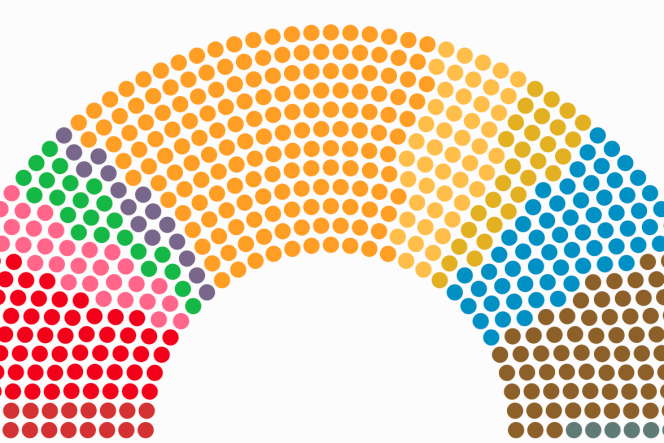The second round of the legislative elections delivered explosive results: no absolute majority for LRM, 89 elected for the RN, 142 for the Nupes and above all more than 50% abstention, a situation introducing great questioning for governance.
As always, we can see the problem from two angles: on the positive side, the French (at least those who voted) wanted a more diverse national representation from a political and social point of view. Well, it’s done, without recourse to proportional representation. What has also been called into question is the very centralized vision of the political and parliamentary practice of the president. The moral of this is that you can’t do it all alone.
This situation has the great merit of confronting the programmatic ambitions of Nupes and RN with the reality on the ground. I think there will be surprises, because everyone will be put in front of their responsibilities. We often forget that the parliament, through the game of democratic constraints, gradually evolves the anti-system parties until they are integrated into the said system. The example of the Communist Party in the 1930s demonstrates this well.
Negative side: that the parliament regains its role, it is very good, but is it to establish a constructive dialogue or to impose a permanent frontal opposition? In this case, beware of the backlash and not to further disgust the French with politics. Capital topics such as the ecological transition or the consequences of the war in Ukraine, which deeply impact our societies, can they be treated as a pawn in the parliamentary game?
We must also ask ourselves the question of abstentionists, many, too many. An election is ultimately a selection of projects for the community carried by various political sensitivities. However, not participating in these consultations indicates that one does not want to get involved in collective life, when one benefits from its advantages. Our fellow citizens have become consumers, who consider life in the city as a constraint that brings them nothing.
In conclusion, the future looks bleak. No one knows anymore what democracy is and the values attached to it, because we have forgotten our history and its tragedies.
Alain Marliere, Gagny (Seine-St-Denis)

















